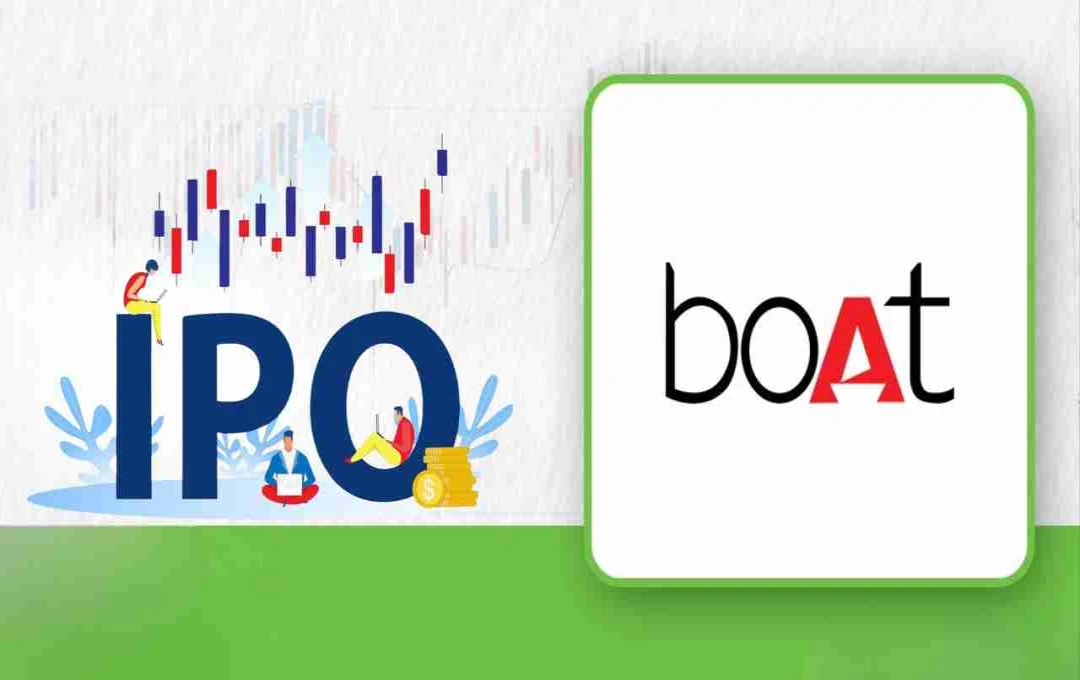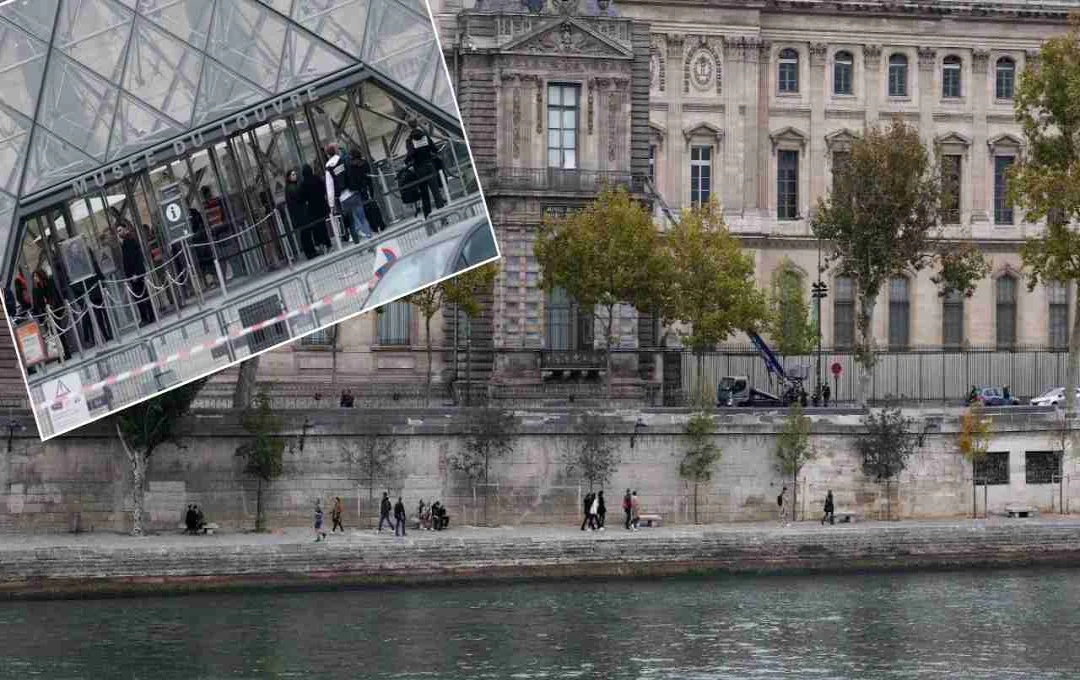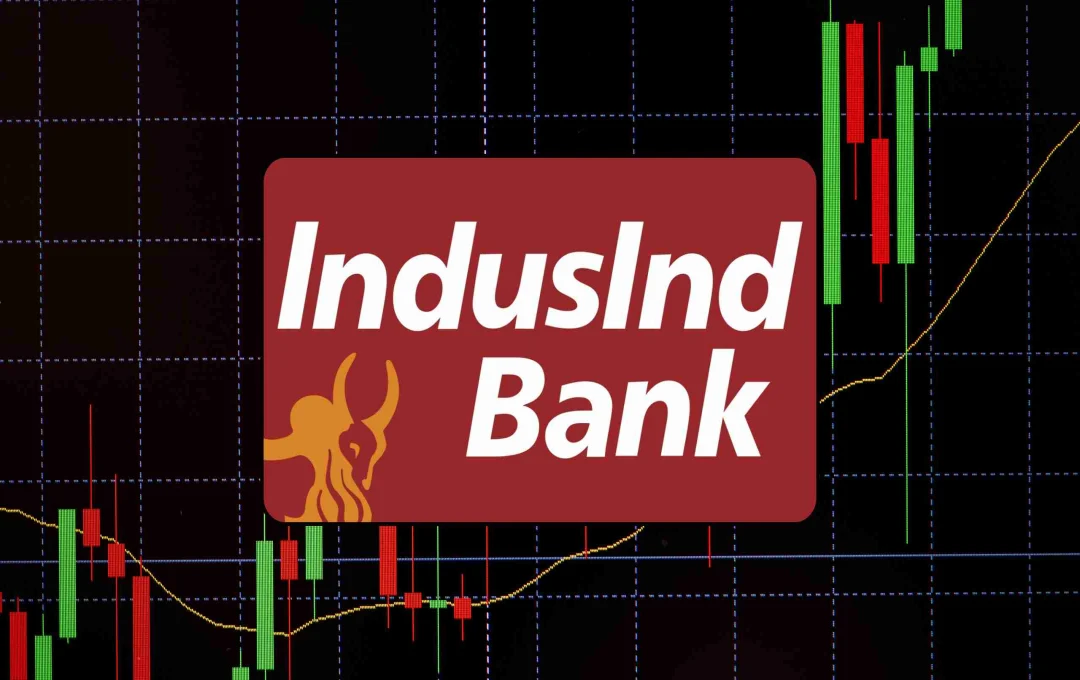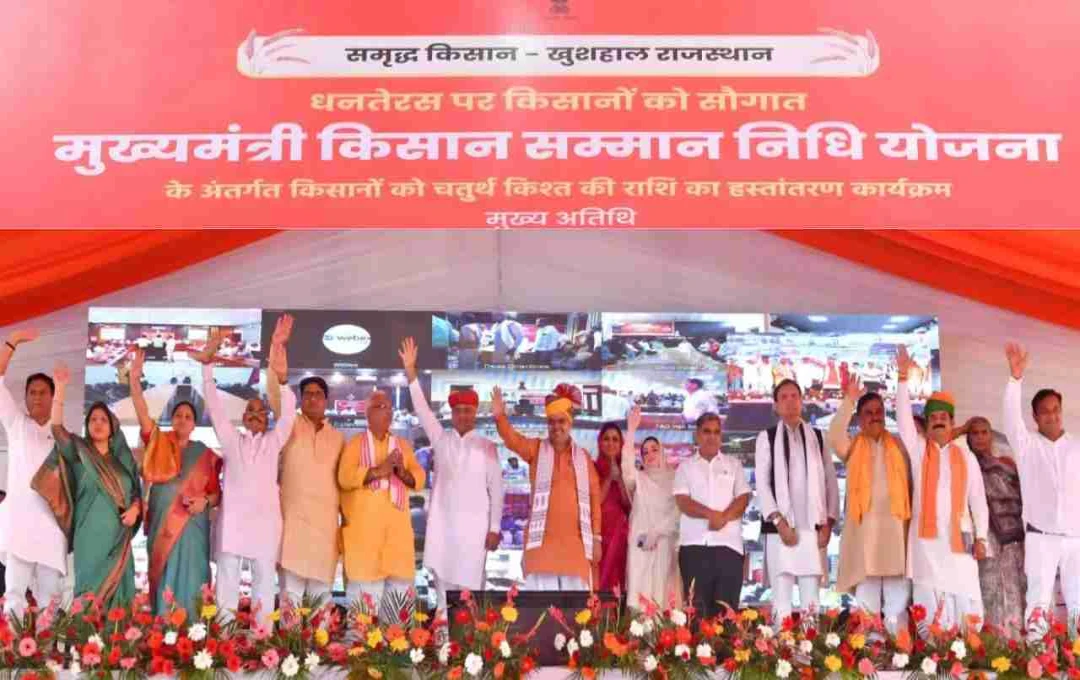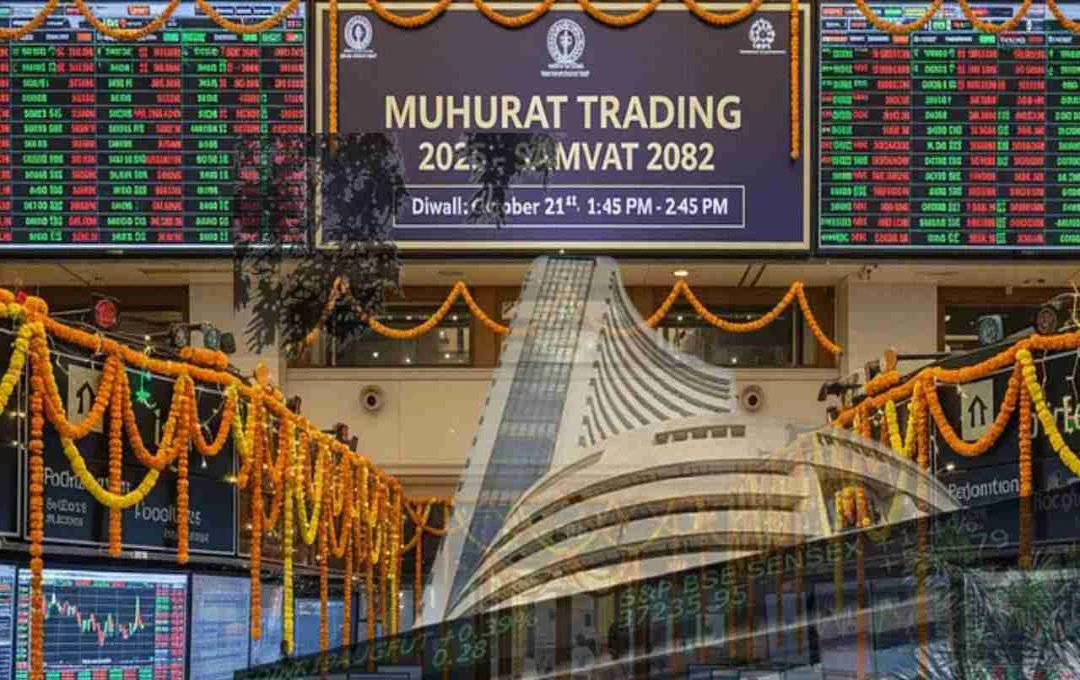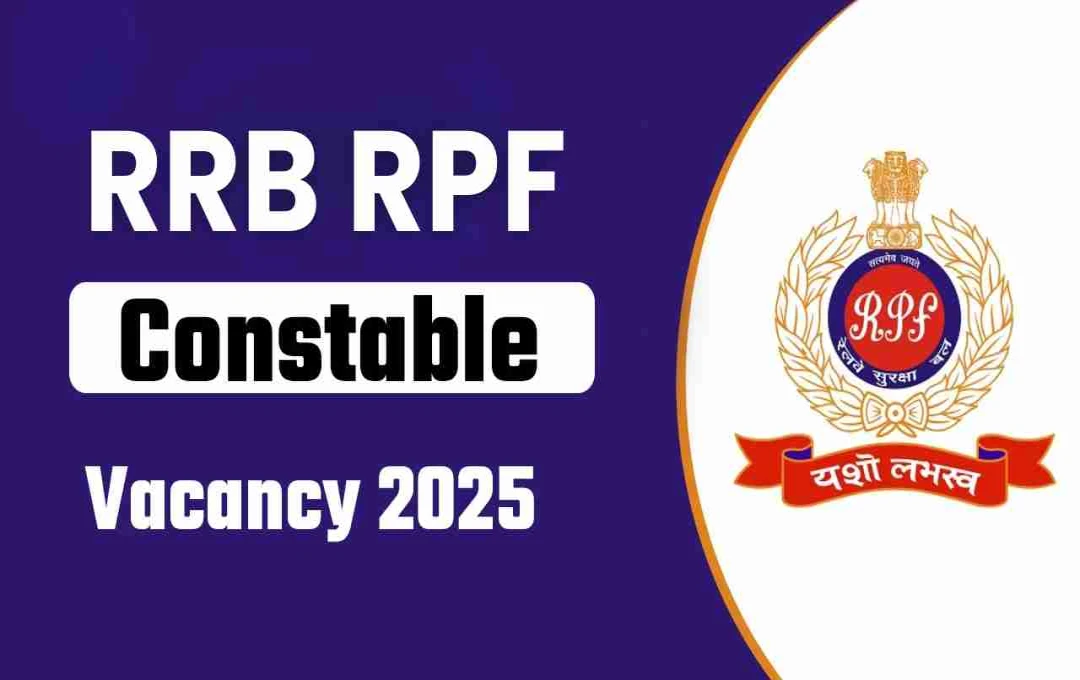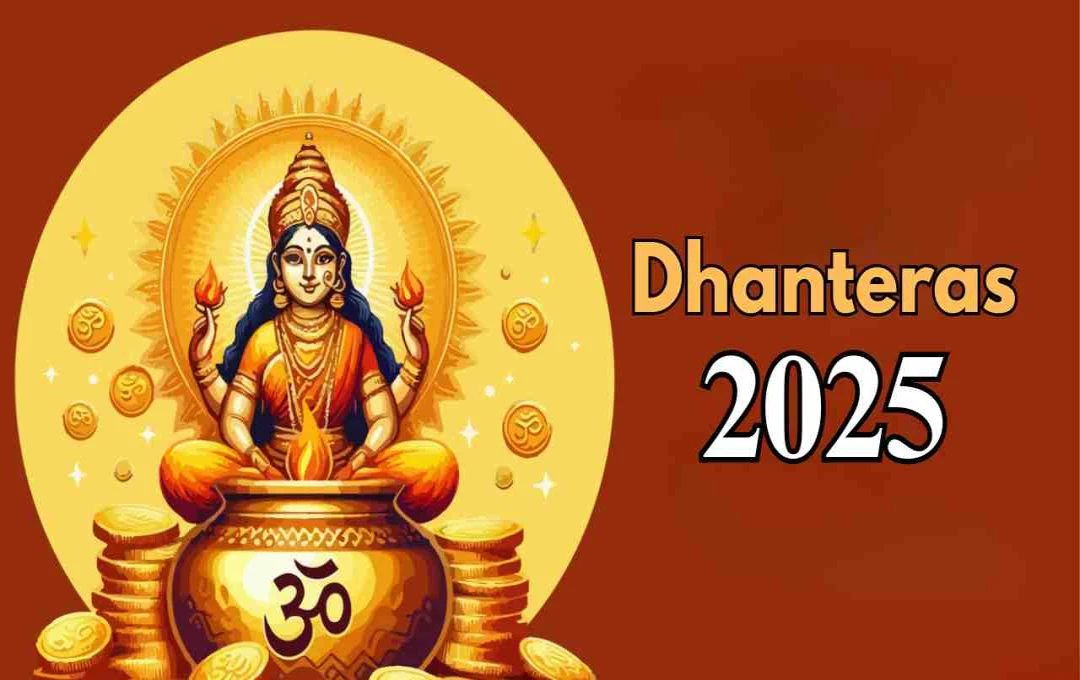SEBI has approved Imagine Marketing (boAt)'s Confidential DRHP, enabling the company to prepare for its IPO. Established in 2013, boAt has become India's leading consumer electronics and wearables brand, focusing on stylish, affordable audio, and smart devices. The promoters, Aman Gupta and Sameer Mehta, have been instrumental in the brand's success.
boAt IPO: SEBI has approved the Confidential DRHP for Imagine Marketing, the parent company of lifestyle electronics brand boAt. This means the IPO documents will not be made public yet, but will undergo a confidential review by SEBI and stock exchanges. The company, founded in 2013, has rapidly become a leader in audio, wearables, and mobile accessories in India. Its promoters are Aman Gupta and Sameer Mehta. boAt aims to provide young customers with affordable, durable, and trendy products. This move will give the company more flexibility in setting its IPO timeline and strategy.
What is Confidential DRHP
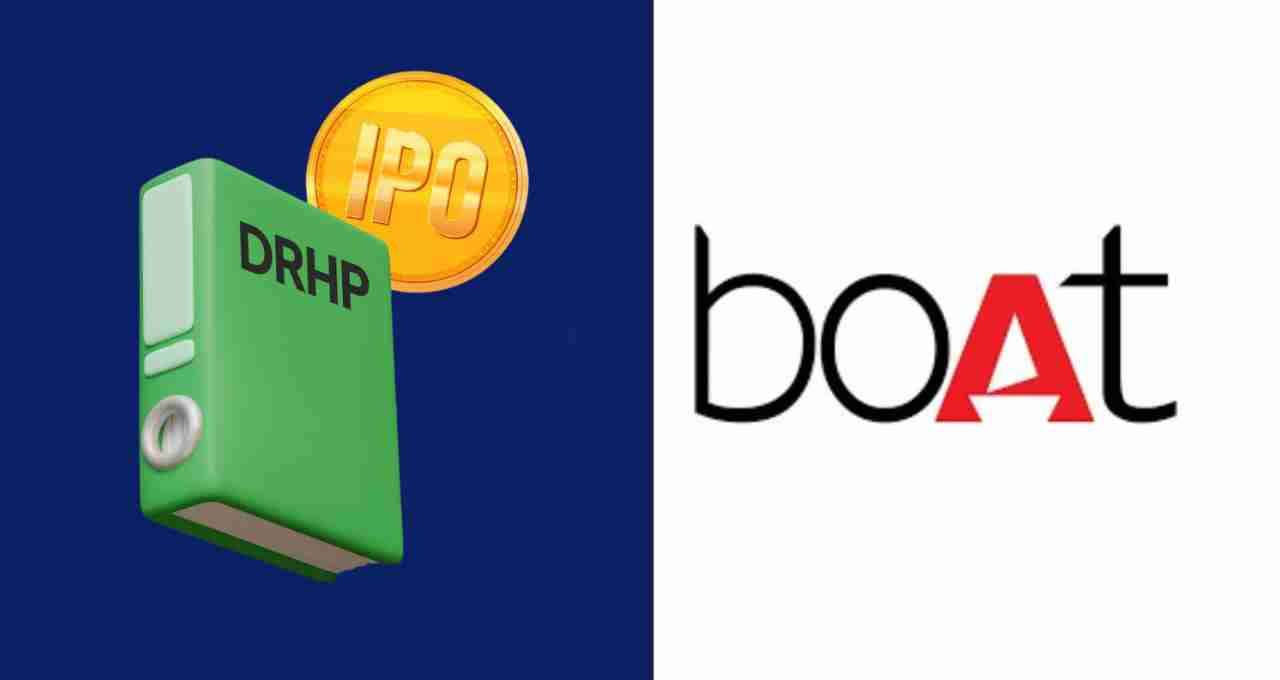
The company has chosen the confidential route for its IPO this time. Confidential DRHP means that the company does not make its documents public but submits them directly to SEBI and stock exchanges. The advantage of this is that the company can get a regulatory review without disclosing its strategic information to the public. This provides the company with flexibility in deciding the timing and structure of the IPO.
boAt had also applied for an IPO worth approximately ₹2000 crore in 2022. However, market conditions were not favorable at that time, and the company had to withdraw. Now, the company has once again mustered the courage and prepared in a confidential manner this time.
boAt's Beginning and Journey
Imagine Marketing Private Limited is the company that gave birth to the boAt brand. It was established in 2013. In just ten years, boAt has become India's largest consumer electronics and lifestyle accessories brand. The company's aim is to provide stylish, durable, and affordable products to the youth.
Company's Business Model
boAt's business model is quite diverse.
- Audio products such as headphones, earphones, wireless earbuds, and Bluetooth speakers.
- Wearables like smartwatches and fitness bands.
- Mobile accessories such as charging cables, power banks, and chargers.
- Gaming and professional audio gear are also part of the company's offerings.
Affordable Prices and Stylish Design
boAt's specialty is offering trendy and stylish designs at affordable prices. This is why the company has been recognized as a "value for money" brand. The company's large customer base comprises youth who value both style and price.
boAt has established a b foothold in the wearables market. Its share in the True Wireless Stereo (TWS) category is quite significant. Reports from research agencies like IDC and Counterpoint indicate that boAt has consistently been among the top 2-3 brands in India. Its sales are b on online platforms like Amazon and Flipkart, while its presence in offline channels is also growing rapidly.
Interest from Major Investors

In 2021, Warburg Pincus invested approximately $100 million in Imagine Marketing. This helped the company in expansion and product innovation. In fiscal years 2023 and 2024, the company's revenue remained above ₹3000 crore, although pressure on margins was observed.
Initially, the company's focus was solely on audio products. However, it is now rapidly moving towards wearables and smart devices. The company aspires to be a smart technology brand, not just limited to audio.
Board of Directors
The board includes several experienced individuals.
- Vivek Gambhir, former CEO of Godrej Company, serves as Non-Executive Director and Chairman.
- Anish Saraf, associated with Warburg Pincus, is also a Non-Executive Director.
- In addition, members like Purvi Sheth, Anand Ramamurthy, Ashish Ramdas Kamat, and Devan Waghani are involved in the company's strategy and decision-making.
According to a 2022 report, Aman Gupta and Sameer Mehta held approximately 40-40% stake each. South Lake Investment Limited held about 19% stake. This stake could increase to 36% after the conversion of preference shares into equity. In such a scenario, the promoters' stake might slightly decrease, but their control will remain b.
